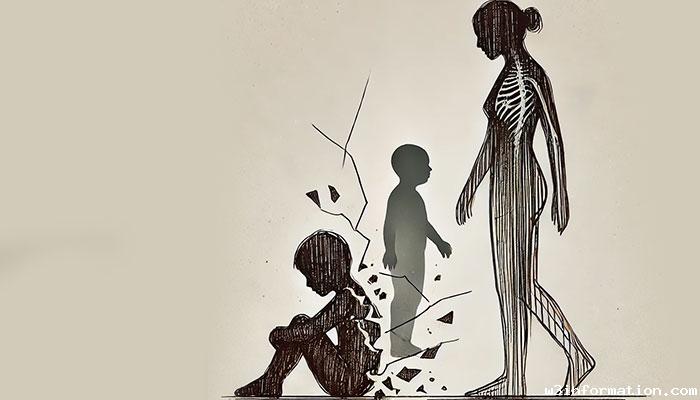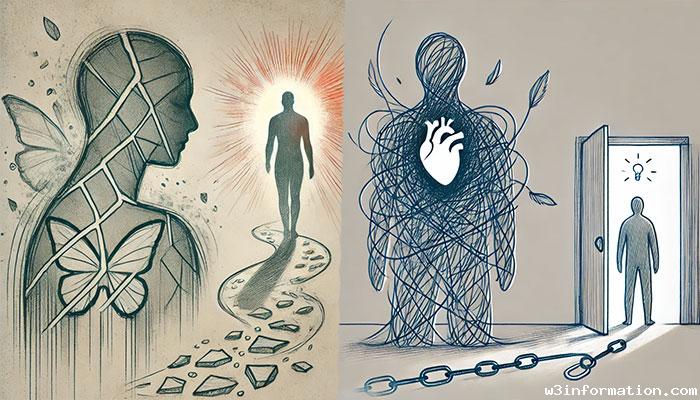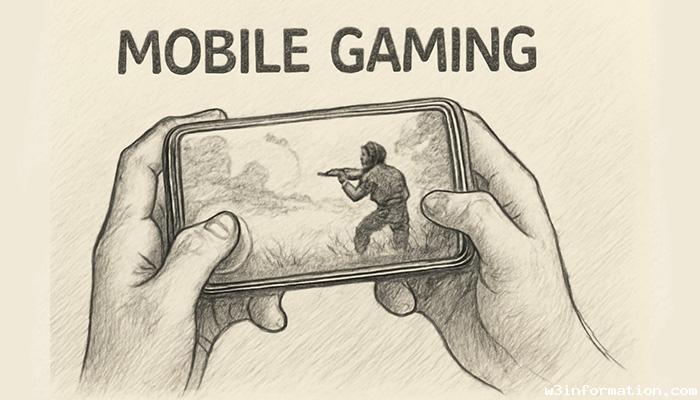Effects of Childhood Trauma on Adult Mental Health
The childhood has been imagined as a place of innocence and development, but is for many people also a time of trauma. These, be it from abuse, neglect, grief or violence, can be permanently imprinted on a person’s psychological and emotional history. Trauma of childhood often impacts upon a person’s mental health, relationships and quality of life even as an adult.
Understanding Childhood Trauma
Trauma to children relates to adverse events in early life that overwhelm a child’s resilience. Physical, emotional or sexual abuse, neglect, domestic violence, the death of a parent are some examples. And, as the Adverse Childhood Experiences (ACE) research shows, they impact physical and psychological health throughout a lifetime, in a deep and cumulative way.

Relationships Between Trauma and Adult Mental Health
Child trauma can mess with brain growth, affective regulation and stress-relief mechanisms. Such transformations lead to vulnerability that shows up as mental health disorders as adults:
Anxiety Disorders: When an adult was traumatized, they have greater fear and anxiety. Hypervigilance and a flight-or-flight mode are both normal side-effects of unprocessed childhood terror.
Depression: Neglect or abuse can make you feel worthless, depressed and hopeless. These are common features of depression that arise in early bad experiences.
Traumatic Stress Disorder (PTSD): As we get older, our chances of PTSD rise. Flashbacks, nightmares and feeling like nothing has happened could go on for decades without intervention.
Substance Abuse: Alcohol or drugs are used by many to cope with unresolved trauma. It can become an addiction that is coupled with psychiatric issues.
Relationship difficulties: Past traumas can make healthy attachments difficult and lead to distrust, phobia of intimacy or co-dependence in adult relationships.
Chronic Stress and Diseases: Long-term stress from childhood trauma can be psychosomal and contribute to diseases like heart disease, diabetes, and autoimmune diseases.

The Role of Resilience and Healing
Although childhood trauma is very traumatic, there’s still hope. Long-term consequences are minimised by resilience, which is also often acquired through sustaining relationships and therapy. Cognitive-behavioural therapy (CBT), trauma-focused therapy and other forms of treatment are all ways to get people to come to terms with what happened and to find healthier ways to cope.
Then there’s mindfulness, journaling, and meditation to help you take back control of your emotions and recover your self-esteem.
Breaking the Cycle
Combatting childhood trauma is necessary not only for the individual but also for the generation that comes after him or her. In healing and living through the past, they’re less likely to set the family up for a cycle of trauma.
Conclusion
Trauma in childhood permanently stamps psychological health, but does not need to be a person’s destiny. With the right knowledge, care and tools, individuals can slay the slumber of the past and have happy, emotionally healthy lives. With the right early interventions and a culture of compassion and understanding, society can counteract the lifetime damage of childhood trauma and create a healthier, more resilient society.
 Mobile Security: Tips to Keep Your Phone Safe
Mobile Security: Tips to Keep Your Phone Safe
 Top Mobile Apps for Productivity
Top Mobile Apps for Productivity
 How to Optimize Your Mobile Battery Life
How to Optimize Your Mobile Battery Life
 Mobile Gaming: The Best Games in 2025
Mobile Gaming: The Best Games in 2025
 Comparing iOS vs Android
Comparing iOS vs Android
 The Future of 5G in Mobile Phones
The Future of 5G in Mobile Phones